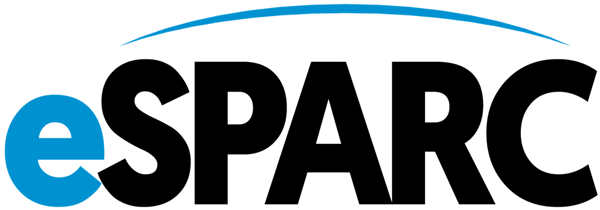On April 25, eSPARC President, Mona Johnson gave a presentation for a round table discussion at the Combustion Turbine Operations Technical Forum (CTOTF) 2017 Spring Conference and Trade Show in Orlando, Florida. CTOTF is a four-day conference comprised of a trade show, formal presentations and open forum discussions pertaining to issues related to the operation, maintenance and business practices currently effecting the combustion turbine electric power generation industry.
Mona’s roundtable presentation primarily focused on how emerging technologies are impacting environmental compliance for existing combustion turbines. The lecture drew on specific market changes that are being driven by emerging technologies and the associated environmental permitting impacts that can be expected in the combustion turbine industry. She discussed strategies for obtaining permit modifications or amendments to allow existing combustion turbine sources to operate with more flexibility in this changing arena. The presentation abstract is available below.
How Emerging Technologies are Impacting Environmental Compliance for Existing Combustion Turbines
Presented by: Mona Caesar Johnson, P.E. President, CAMS eSPARC, LLC.
As the use of renewable energy sources continues to increase, so do concerns regarding grid fluctuations and reliability due to the use of these intermittent power sources. New options for addressing this variability in energy supply are available through the implementation of smart grids and other technologies that allow distributed generation to extend into the markets, as well as advances in energy storage capabilities.
Combustion turbine plants need to be able to quickly ramp up to offset sudden declines in output from renewable sources such as wind and solar in order to remain competitive. Unfortunately, many combustion turbine plants, especially those with older air permits, do not have the permit flexibility to readily adjust to this change in market dynamics. These plants will likely need to shift from a baseload operating mode authorization mechanism to one that will allow intermediate and peaking operations.
The need for permit reevaluation comes at a time when the entire power generation industry is under pressure to reduce environmental impacts to the air, land, and water. These pressures have resulted in an increasingly stringent, lengthy permitting process.
This presentation will outline specific market changes that are being driven by emerging technologies and the associated environmental permitting impacts that can be expected in the combustion turbine industry. We will outline strategies for obtaining permit modifications or amendments to allow existing combustion turbine sources to operate with more flexibility in this changing arena.
Keywords: grid reliability, environmental permitting, renewable technologies
 Close
Close




